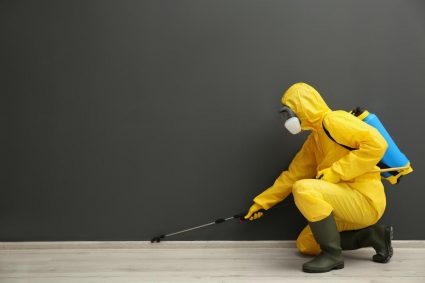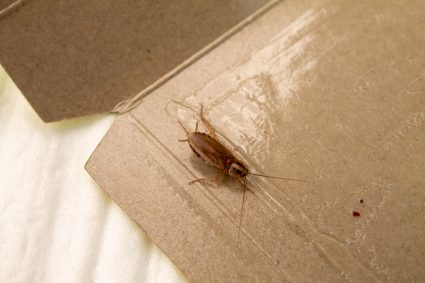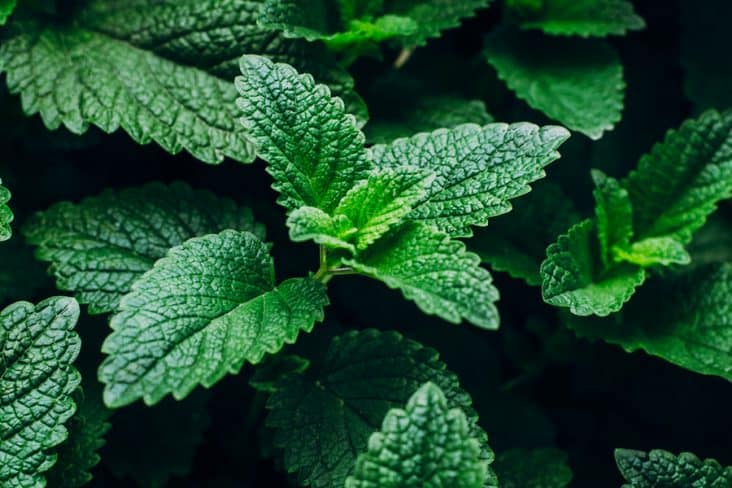
We all know that peppermint is a popular herb for treating various ailments, including digestive discomforts, nausea, headaches, and skin conditions; however, did you know that peppermint is also effective at repelling pests and animals?
If you have been tormented by pesky rodents and would like to know the most effective way to repel them instead of resorting to drastic measures involving poisoning and trapping, read on for the perfect solution.
You may find it quite surprising, but peppermint is proven to repel various insects, such as mosquitoes, flies, ants, and beetles.
It also works wonders to repel raccoons, woodpeckers, and mice. Some folks even claim it works on deer and rabbits, deterring them from destroying your garden.
This article will navigate you through the following aspects:
- You can use peppermint to repel pests, including making a diluted solution in a spray bottle, dabbing cotton balls in peppermint oil, or keeping a peppermint plant nearby to ward off pests.
- Peppermint has a minty smell that many pests find super offensive and irritates their nasal cavity.
- Some pests repelled by peppermint include wasps, mosquitoes, spiders, ants, cockroaches, bedbugs, mice, raccoons, and birds.
- It is recommended to take precautionary measures to consistently keep the pests away from your property. This can be done through periodic cleaning around the season and pest-proofing the house.
After reading through, you will gain clarity and find confidence in yourself to address the issue as an expert.
Whether you’re looking for a natural way to keep pests out of your home or garden or are simply curious about peppermint’s power, read on to learn more about this versatile plant. This article will explore what animal peppermint repels and how to use it to your advantage.
How To Use Peppermint To Repel Pests
Peppermint is a strong-smelling herb that can be used to repel animals, bugs, and rodents. You can use peppermint in different ways to keep these pests away.
1. Make a Spray
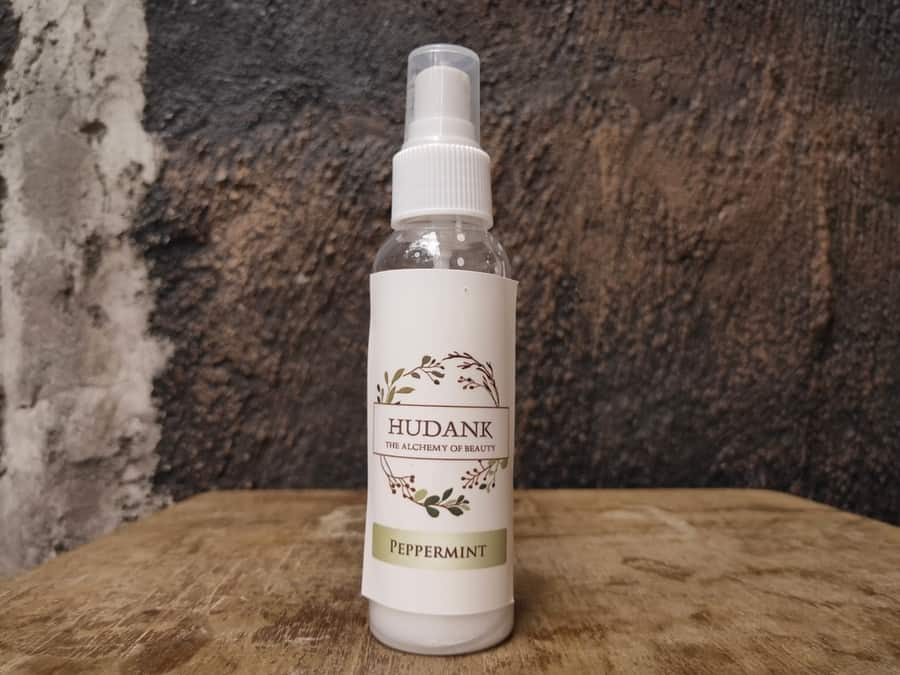
One way to use peppermint is to make a spray.
To do this, mix equal parts water and peppermint essential oil. Then, put the mixture in a spray bottle and spritz it around the areas of your house.
The smell of peppermint will deter them from coming back.
2. Peppermint Oil Infused Cotton Balls
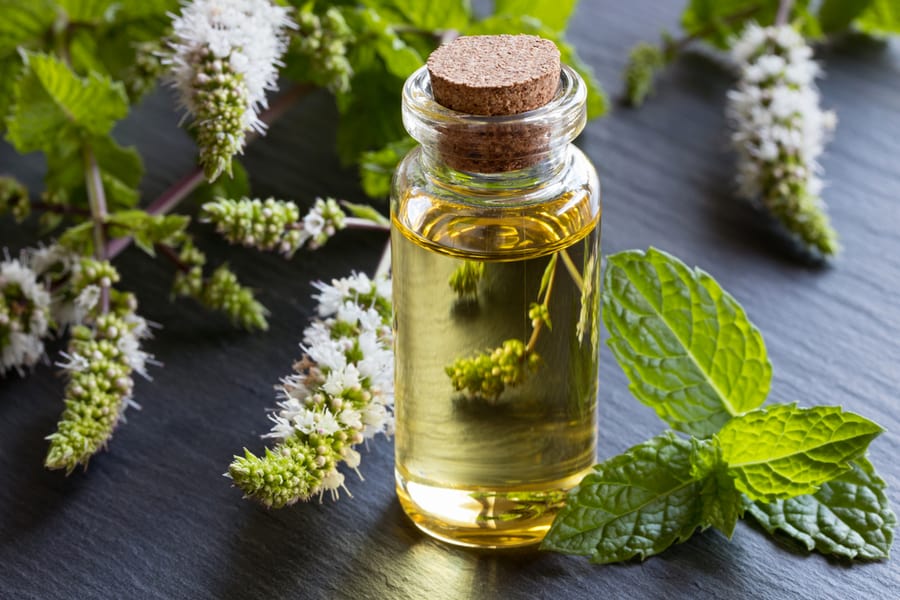
Another way is to get regular cotton balls, dab them with peppermint oil, and place them in all those nooks and crannies where you feel could be the hiding spots for the pests.
The smell of peppermint oil will drive them out of your home.
It’s a good idea to start with pest-proofing the house before each summer starts; when the temperatures rise, the rodents come out from hiding to search for food and favorable spots.
3. Peppermint Plants
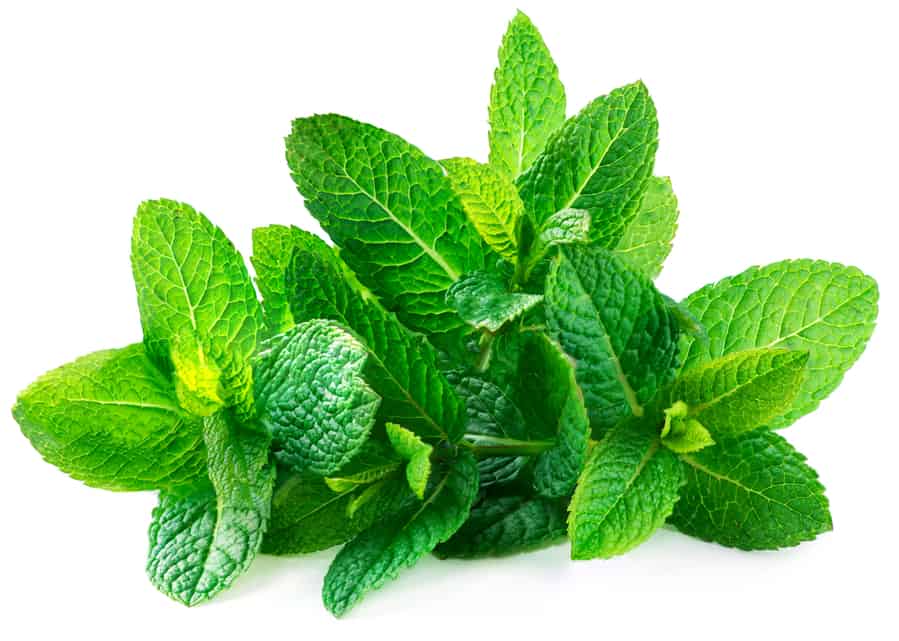
You can also grow peppermint in your garden or yard. Bugs and rodents find the smell of peppermint extremely offensive, so having it grow around your property will help keep them away.
You can even grow peppermint indoors and place them around the house, ensuring it gets enough sunlight and moisture to thrive.
Use any combination of the methods listed above to eliminate unwanted guests efficiently!
How Peppermint Works To Repel Pests
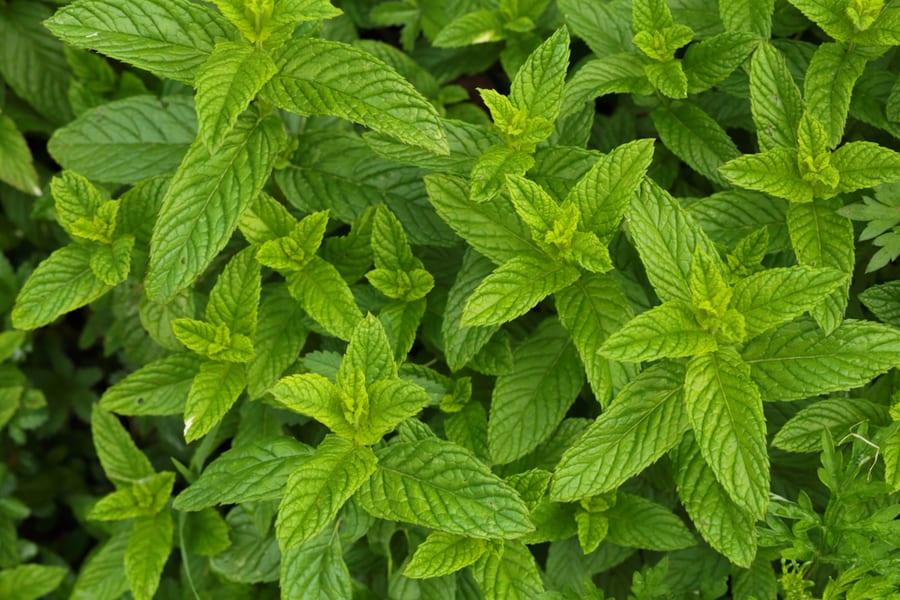
The peppermint plant is a natural repellent to many animals, as they find its peculiar smell super offensive.
This versatile plant produces a strong, minty smell that makes it highly unpleasant for animals with a strong sense of smell.
Over the years, few scientific studies have been conducted to validate the effects of peppermint on insects.
One such study was published in the Asian Pacific Journal of Tropical Biomedicine, proving that applying Peppermint oil on one arm successfully yielded up to 150 minutes of protection against mosquitoes.
Another similar study published in the Malaria Journal found that peppermint oil offered repellent actions when applied to the body.
Another study found that peppermint oil was effective in repelling mice.
Since mice rely on their strong sense of smell over their weak vision, they found menthol aggressive and irritating to their nasal cavities.
Pests Repelled by Peppermint
1. Wasps
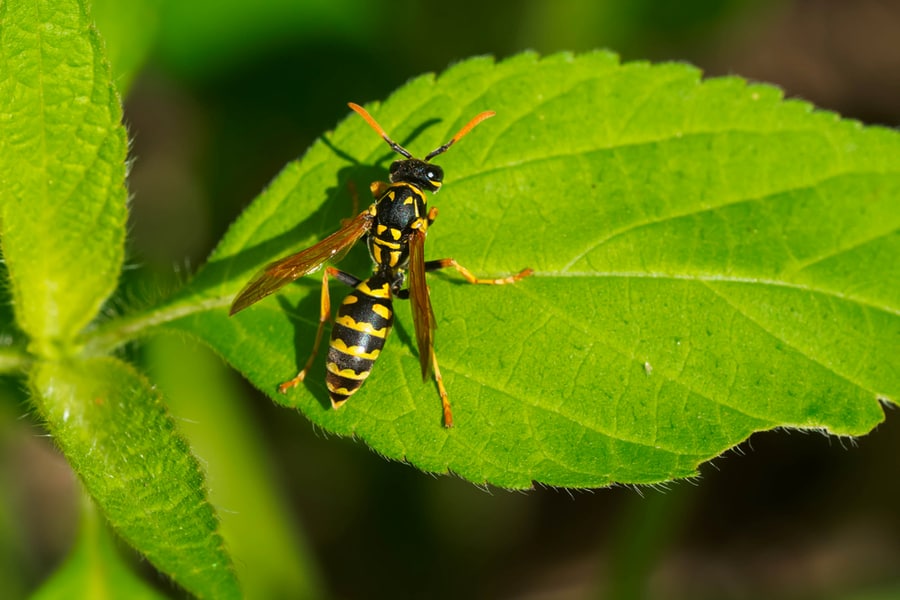
Wasps are the top most irritating insects inside the house because their ability to sting can become very painful.
Unlike a bee that dies when it stings, wasps can attack multiple times without causing any harm to themselves. Wasps may end up packing a nasty punch that can prove life-threatening.
Therefore, finding a powerful solution to repel wasps from inside your home is imperative. Lucky for us, wasps cannot stand the strong aroma of peppermint.
You can get rid of them by using the spray bottle solution or placing cotton balls around their nesting spots.
2. Mosquitoes
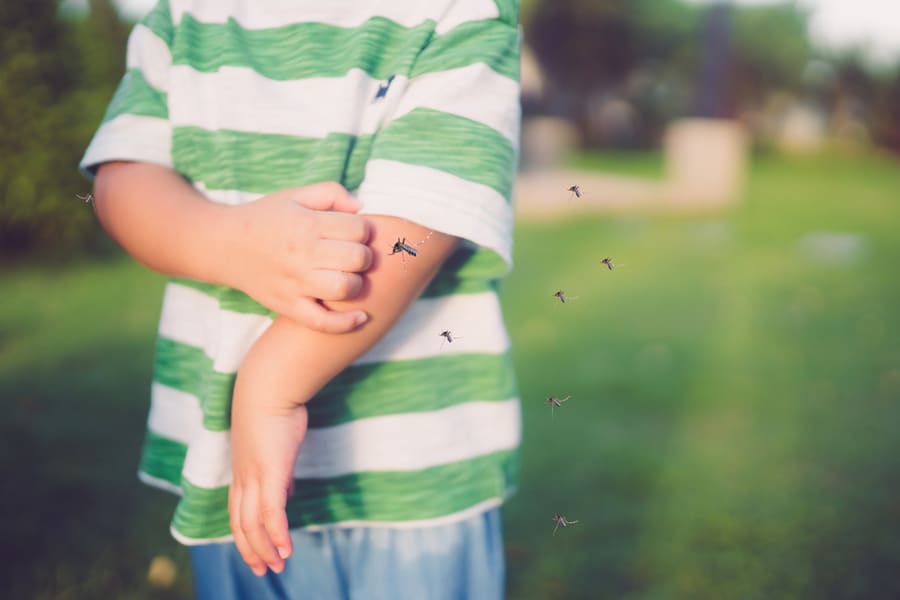
Mosquitoes have gained momentum over the years, straddling themselves into the brackets of insects that can cause life-threatening diseases.
Some illnesses caused by mosquitoes are malaria, dengue, chikungunya virus, West Nile virus, and Zika virus.
Many studies have periodically proven Peppermint oil to be an effective repellent against mosquitoes. Be sure to dilute the peppermint oil before applying it directly onto the skin, as some folks may be sensitive to it.
Using any product or solution on a small skin patch is recommended to check against allergy/sensitivity before using it liberally.
3. Spiders
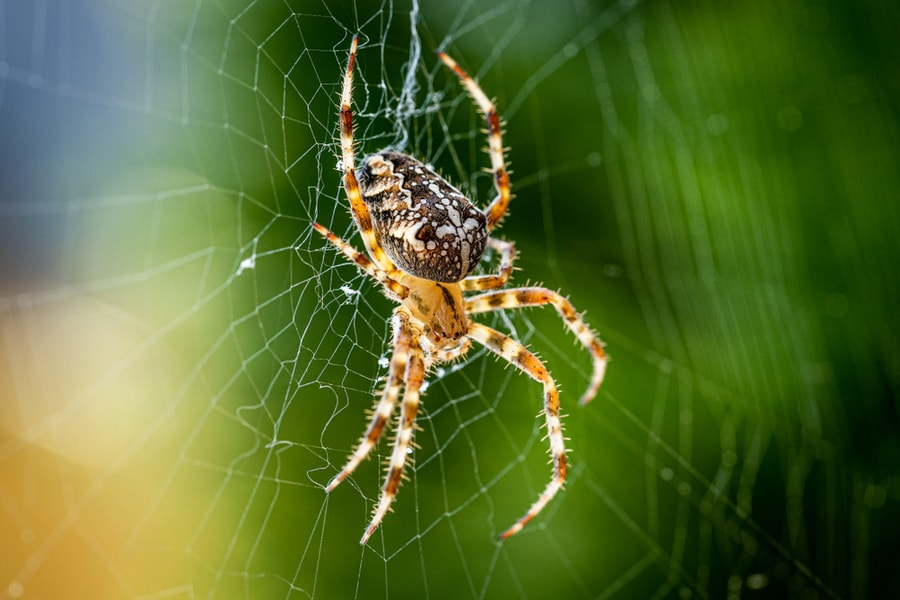
Spiders feed on indoor pests like cockroaches, mosquitoes, and houseflies, making them our perfect allies. Still, that reason doesn’t flow logically when encountering a spider inside our home.
We wish the intruder would take itself out along with its prey and stay outside. However, if you suspect an infestation is starting, you should keep peppermint oil on hand before allowing it to take root.
It is proven by research in an article published in the Journal of Economic Entomology that peppermint oil effectively wards off spiders.
Are you motivated enough to move toward this biodiversity imbalance, as it may spiral you into a loop of other pest control missions?
4. Ants
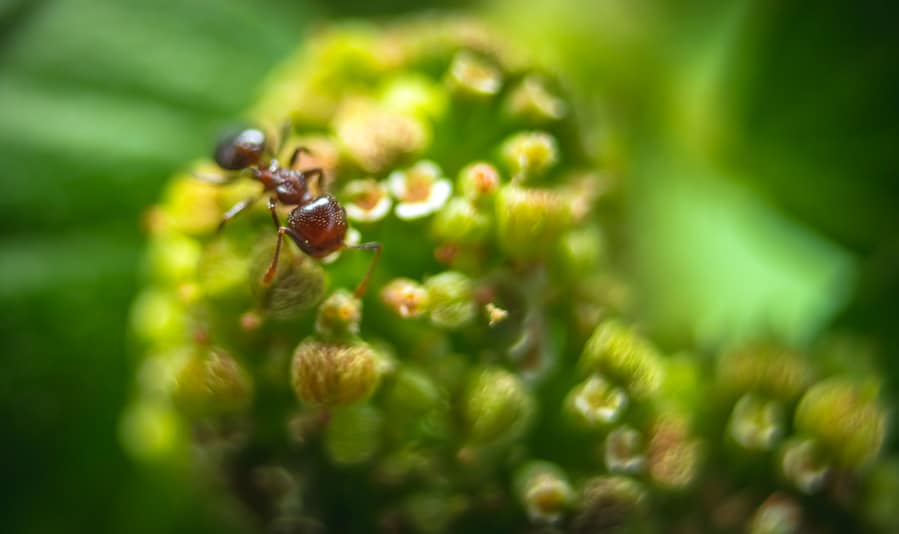
If you live in one of those highly sensitive spaces to attract ants, you will be grateful to this amazing herb; it quite efficiently disrupts communication between colony members by throwing off their scent.
The most common way that ants communicate is through unique chemicals called pheromones.
While ants use their antenna to smell the pheromones, the potent aroma of peppermints meddles with their ability to smell the pheromones that make a trail into your house.
This effectively wards them off from your space. Be sure to periodically clean the space to ensure ants don’t find it tempting to route back in.
5. Cockroaches
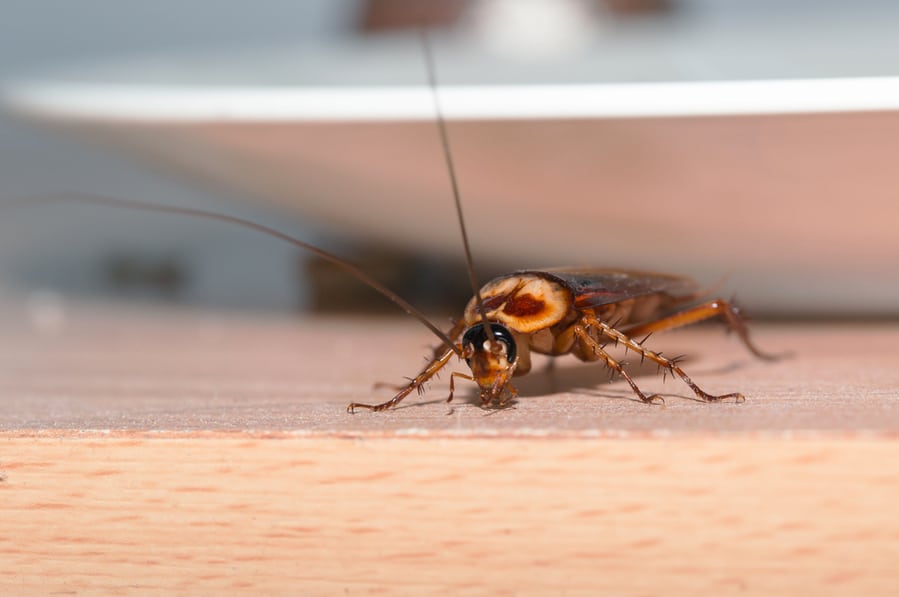
Roaches are a nuisance and can be pretty revolting in your house. Earlier, we only knew them as pests that crawl; as evolution would have it, now they can make small flights taking our fright to a newfound level.
As the urban legend goes, roaches have the grit and the ability to survive high atom-bomb-level radiation. That being said, have no despair, as they are not indestructible.
The good news is that peppermint has a toxic effect on roaches. It effectively repels the cockroaches, but studies have proven peppermint kills German and American cockroaches after extended exposure.
6. Bed Bugs
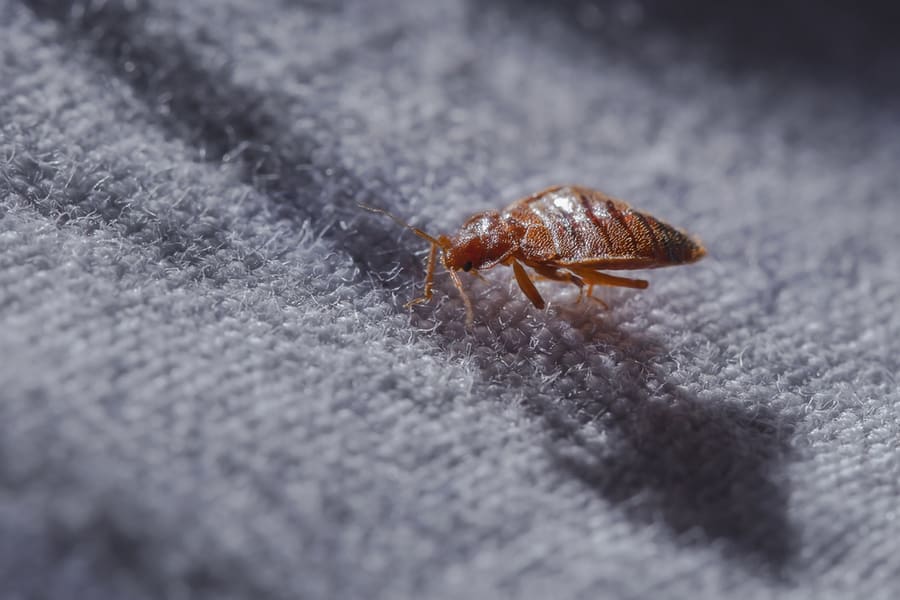
Bed Bugs can be a pretty irritating predicament that cannot be ignored for obvious reasons: no one wants to let the bugs bite!
Research on the effects of peppermints on bed bugs has shown the most successful response.
You may solve the issue by using the spray bottle solution on and around your bed. Once the issues are dealt with, you can place a small peppermint plant on your bedside to ensure the problem doesn’t reoccur.
7. Mice
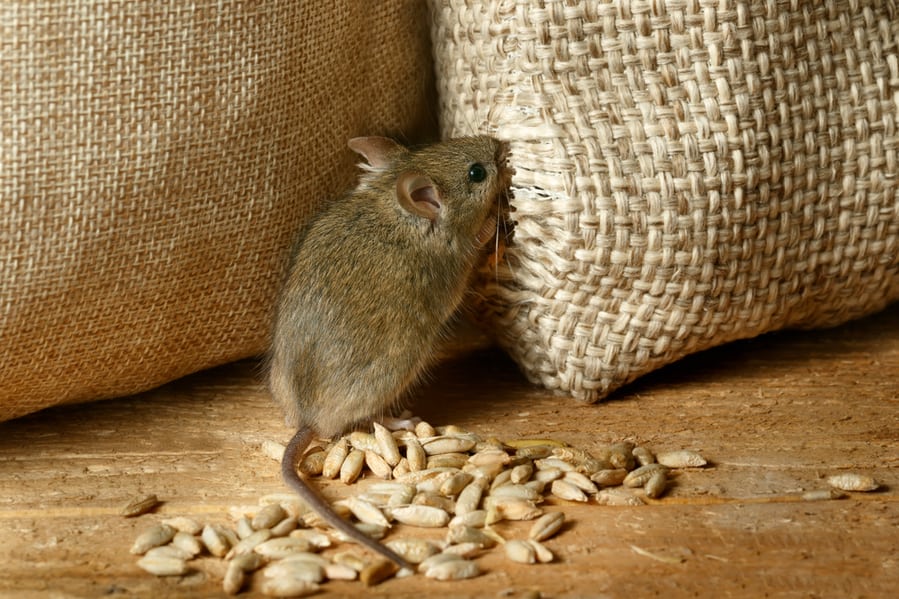
There are many hypotheses about peppermint oil’s effectiveness in deterring mice from settling in your house.
Mice have an incredibly weak eye-sight, therefore, bank on their highly sensitive nose to sniff out everything, including danger.
Peppermints’ strong menthol does not sit well with their nasal cavity irritating multiple breath intakes. This makes them avoid spaces that have the smell of peppermint.
While they may be capable of enduring the abhorring smell of the sewer, the inflammation in nasal space caused by the menthol makes them avoid the peppermint smell.
You can either use them as spray bottles dousing spaces or place peppermint-infused cotton balls in corners that you feel are the hiding spots of these pesky vermin.
8. Raccoon
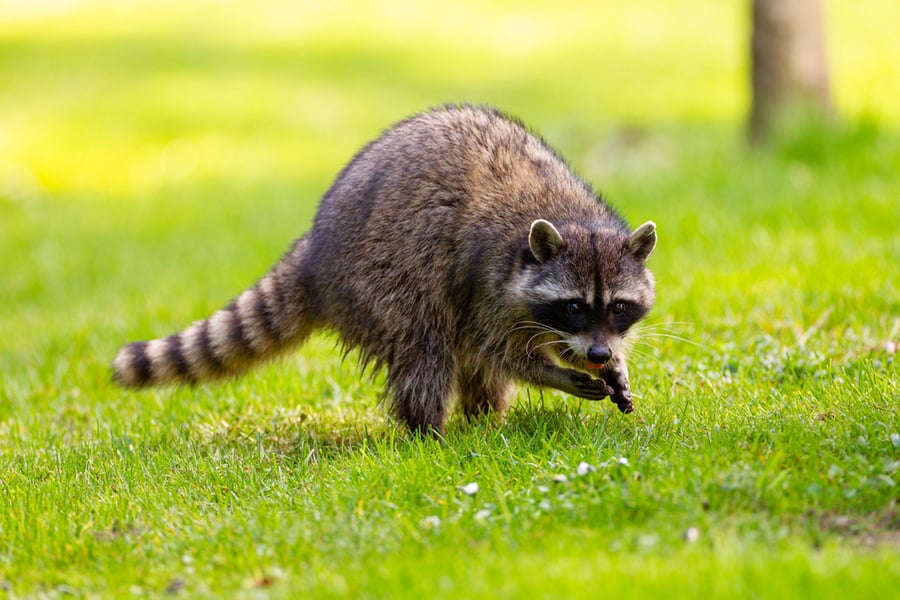
Raccoons can be a big nuisance when they begin to lodge in your garden to damage property as they harm vegetable patches, kill poultry, and raid garbage cans in search of food.
Raccoons may appear aggressive because of their swift movements, but they don’t attack under normal circumstances. The real danger is not in their attack but in their ability to spread life-threatening diseases.
Raccoons are mainly attracted to kitchen wastes; as a precaution, ensure food scrapings are securely disposed of.
Peppermint oil is a widely used solution across many industries and works wonders to ward off raccoons.
Spraying Peppermint solution around the den will make the contents of your trash highly unattractive. After a couple of whiffs, they will likely move on without even digging.
9. Birds
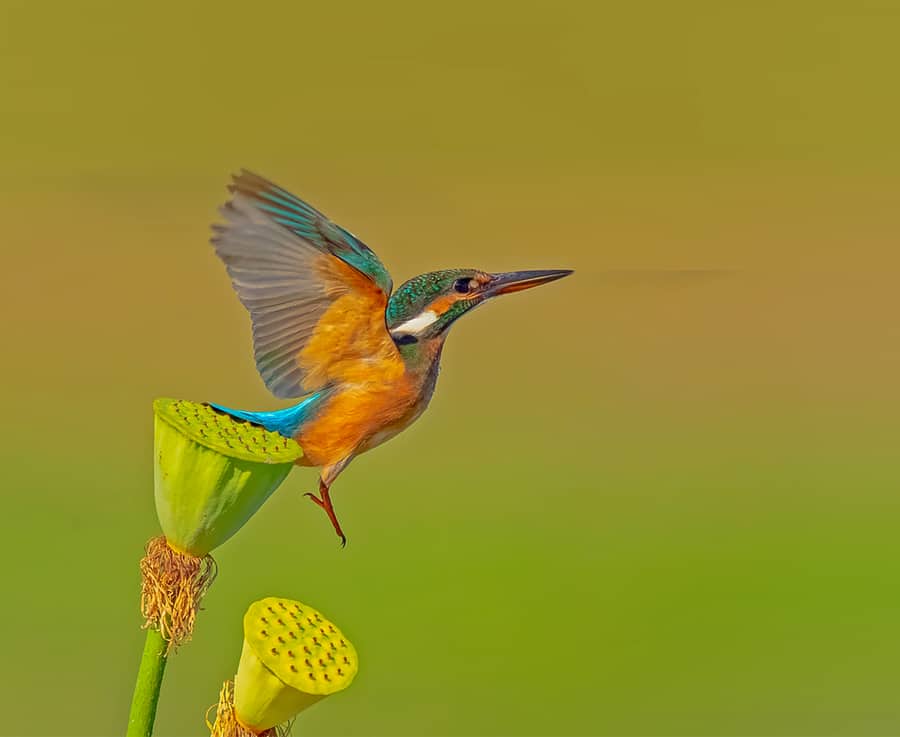
Birds do not have strong lungs. For this reason, birds find the strong smell of peppermint offensive and irritating. It hits their senses like pepper spray.
The potent aroma irritates their nose and throat. If you are having trouble keeping unwanted birds away from your property, you may use peppermint oil to keep them off your ground.
Conclusion
We can safely call this powerful herb the Kryptonite to the kingdom of Pests. As an effective repeller, peppermint has proved its worth as an all-rounder herb.
In the race to provide better and faster solutions to problems, commercial pesticides are ridden with harmful toxic chemicals that put us in greater danger through passive inhalation.
It is always better to look for alternative solutions that do not expose our home and the people living in it to invisible risks.
Peppermint is one effective solution that not only allows us to ward off troublesome pests from our house and property but also creates a soothing aroma.
While peppermint allows you to solve the problem, you must actively work to ensure the problem does not reoccur.
This can be done by taking the necessary precautions that involve:
- Periodic cleaning around the house.
- Pest-proofing house against any further infestations.
- Seal, mend and close off any holes to close outside entry.
- Dispose of garbage by properly sealing it with a secure lid.
- Store edible items in safe and air-tight containers.
I hope you found this article helpful in addressing prevalent issues with indoor and outdoor pests around your property.
Remember, prevention is better than letting the issue hang long enough to become an acute problem; you must invest more energy to find a cure.
Frequently Asked Questions
How Long Does Peppermint Keep Rodents Away?
Since the solution is driven intrinsically by the herb’s aroma, it is safe to assume that you must keep the scent leveled enough to be picked up by a whiff.
Once the issue is resolved, focus on taking preventive measures to avoid the reoccurrence of infestation. However, there is no harm in continuing to use peppermint oil in or around the house if you find the aroma appealing.
Does Peppermint Oil Have Any Side Effects?
In some cases, peppermint oil has shown signs of rash when applied directly onto the skin. Doing a patch test for allergic reactions or sensitivity is always safe before applying generously.
Who Should Not Use Peppermint Oil?
People with a specific enzyme deficiency, called G6PD deficiency, should avoid using peppermint as an extract or oil in aromatherapy.


